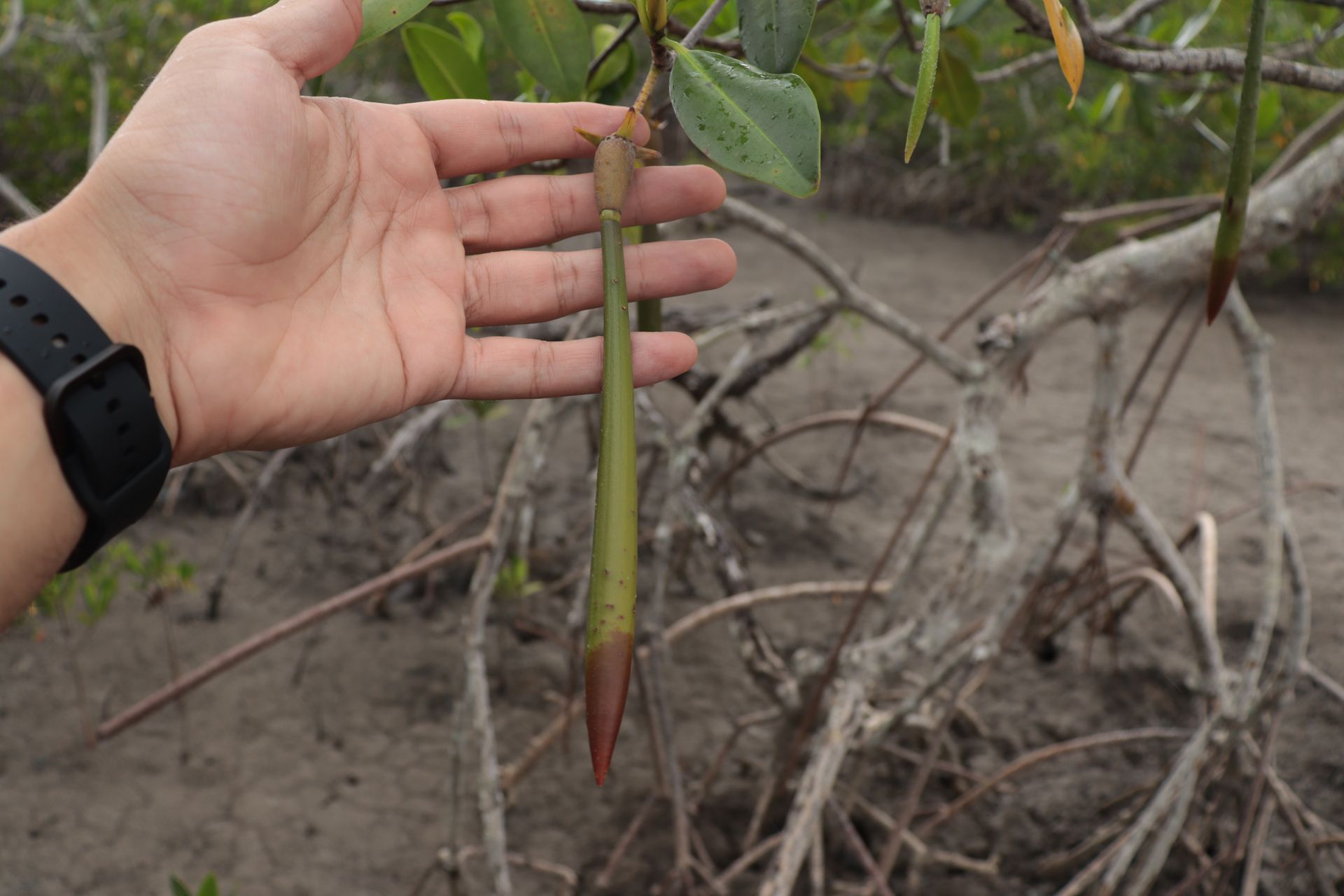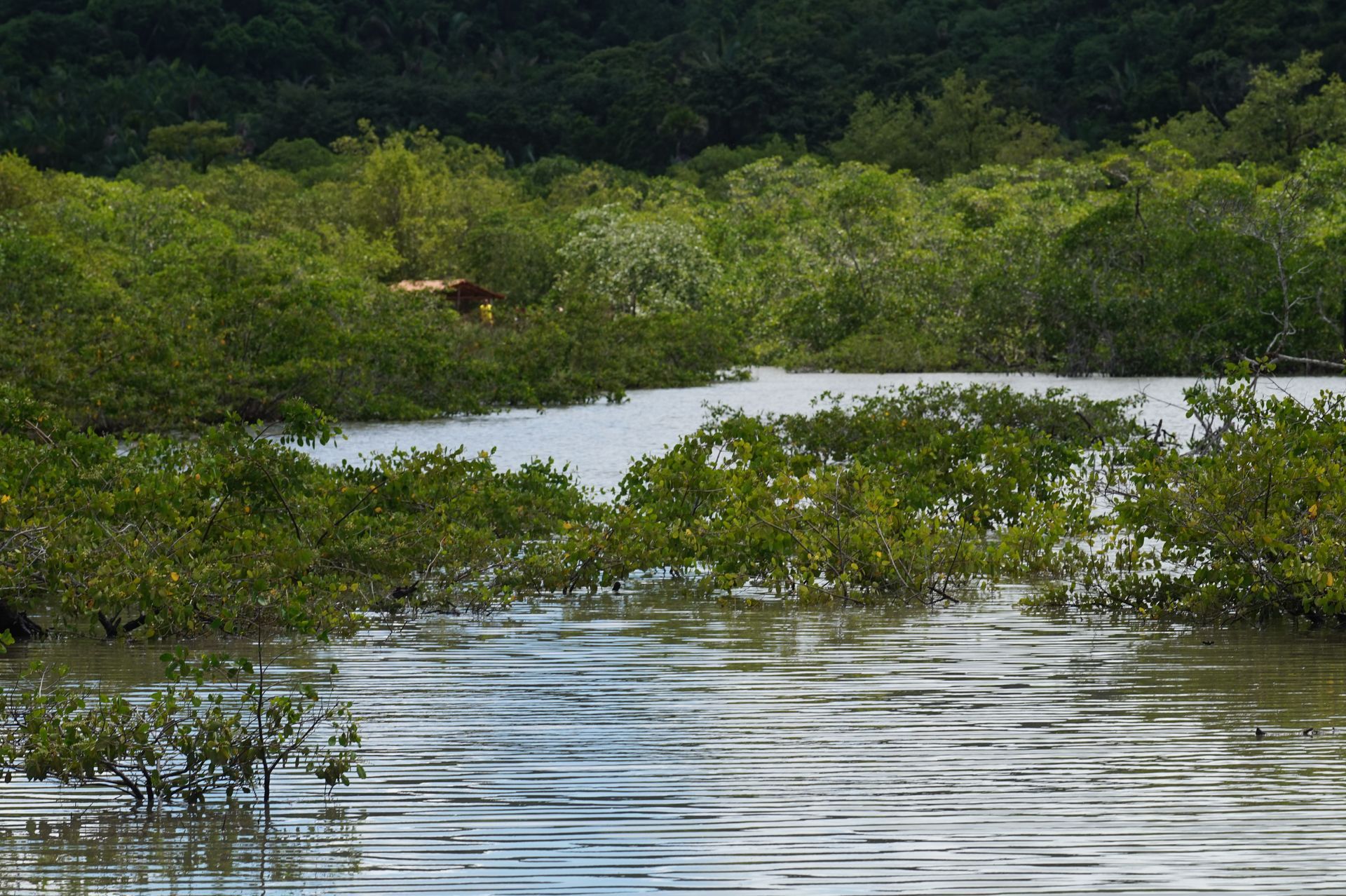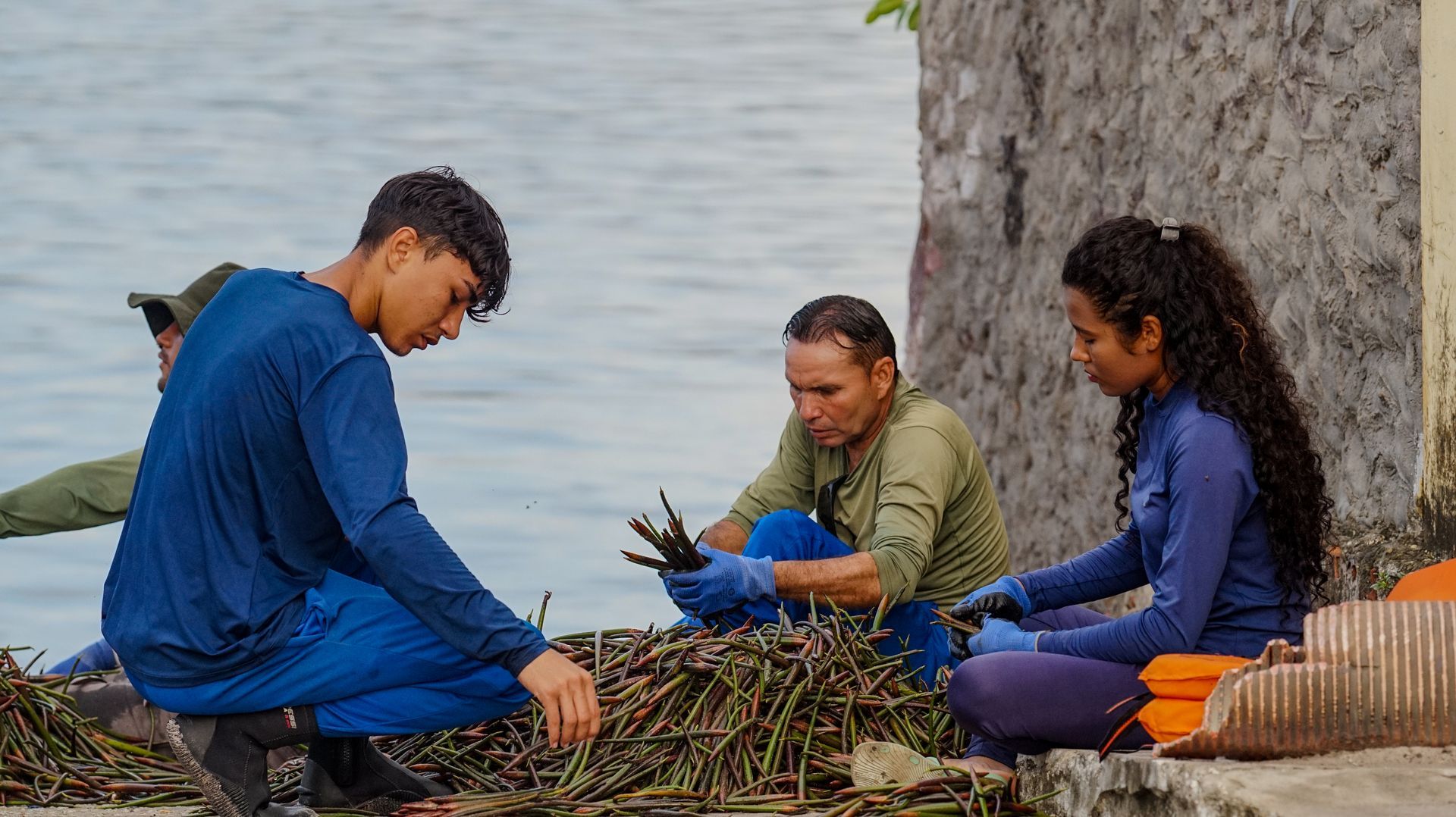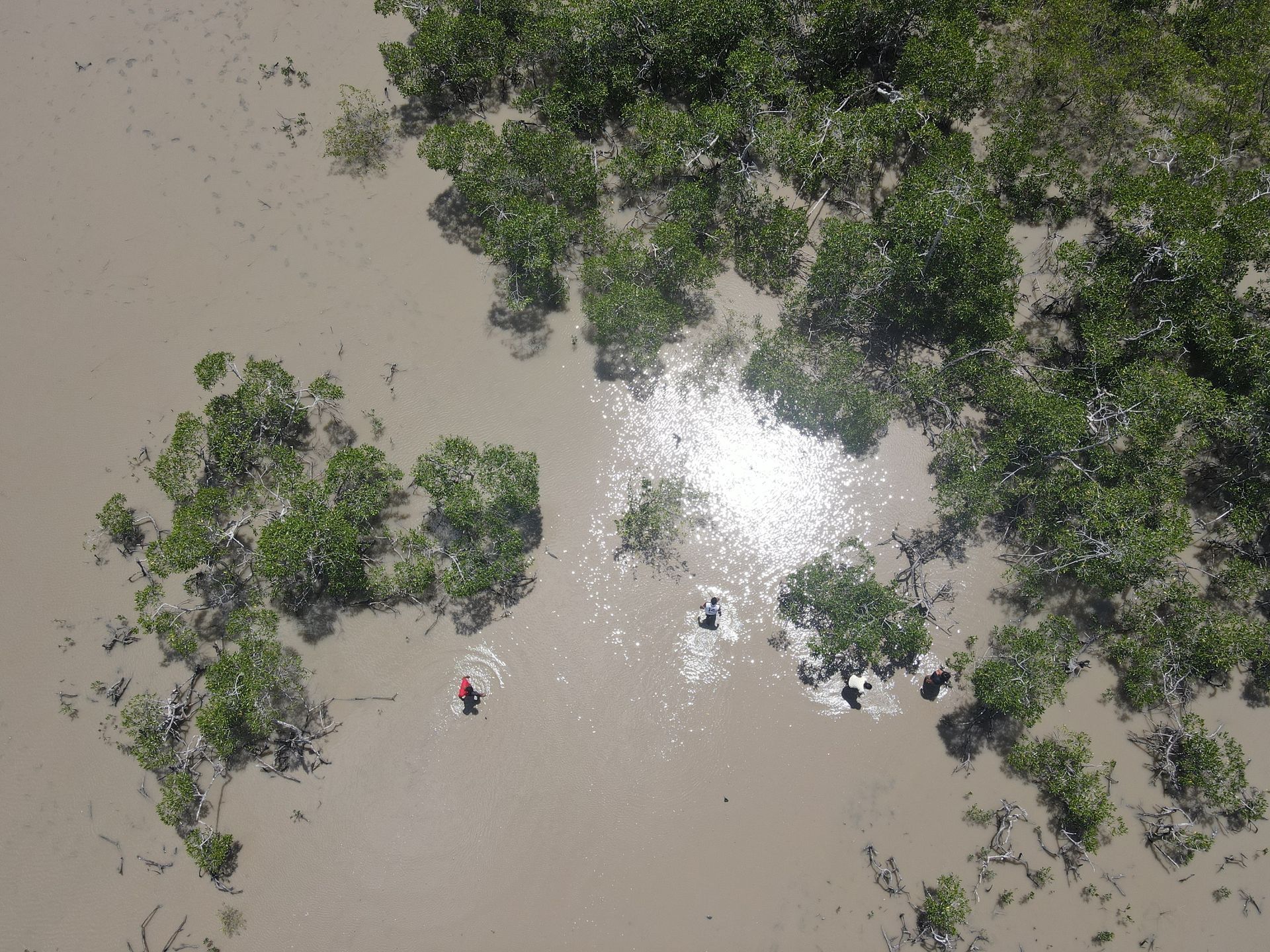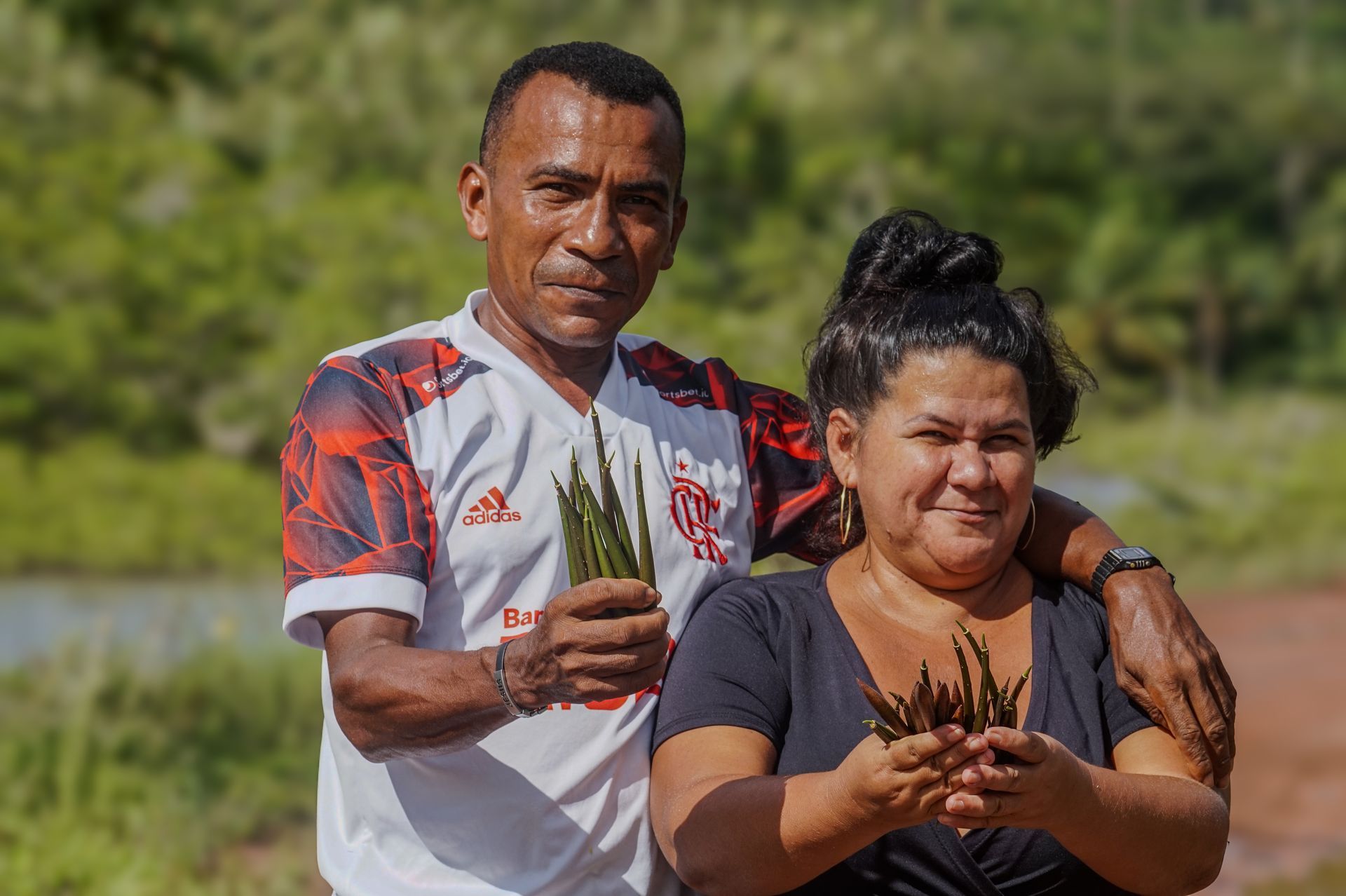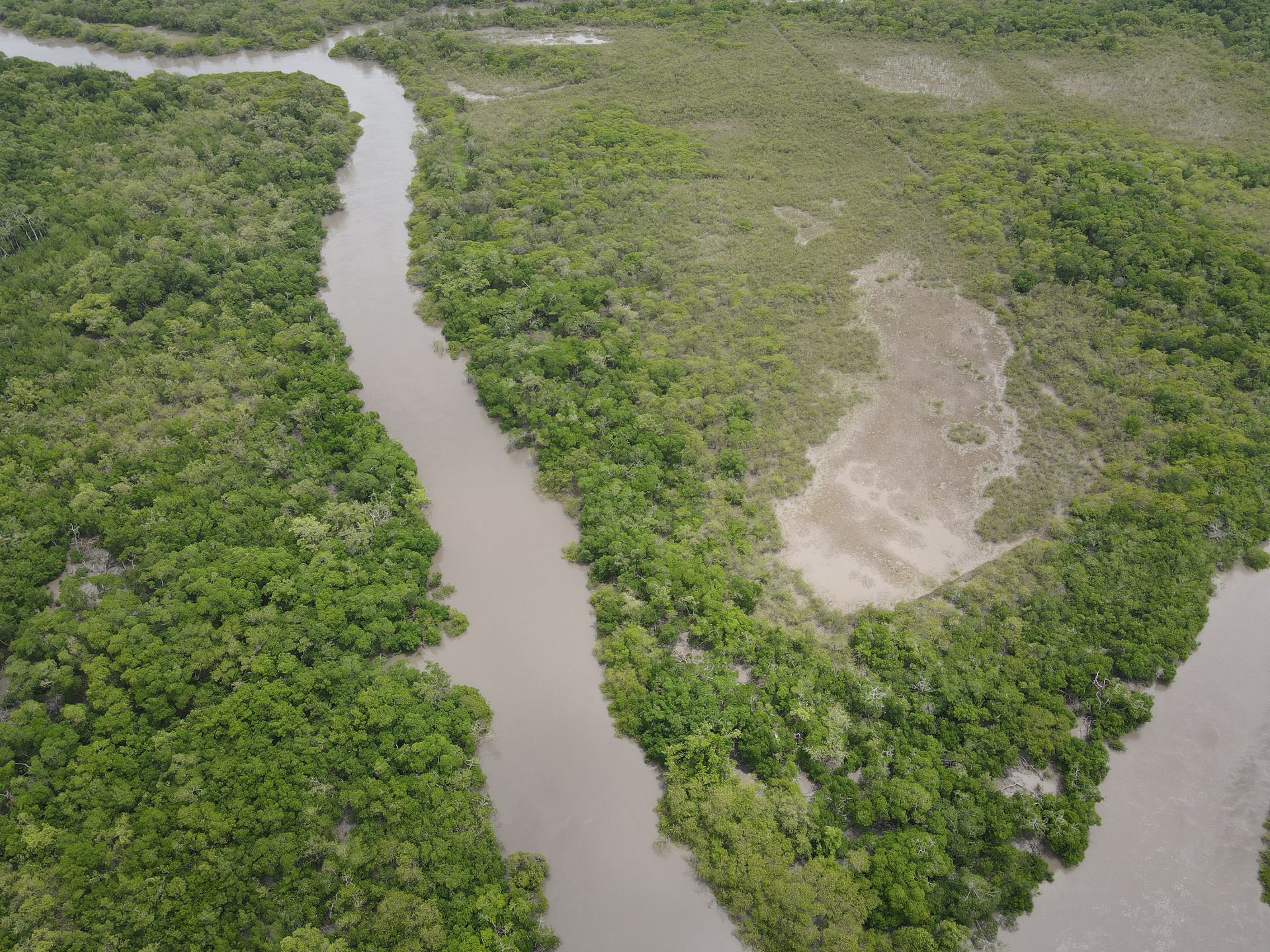Planting Mangroves: Project objectives
Greenpaw is proud to collaborate with our project partners,
RAIN, and the local community; The Quilombos of Alcântara, a joint effort to restore coastal ecosystems by planting mangrove seedlings. Greenpaw and RAIN work directly with a team of experts who were born, raised, and educated in Brazil, partnering closely with the community to collect and propagate native mangrove seeds. The team combines traditional ecological knowledge with innovative restoration methods to rehabilitate degraded coastal areas impacted by deforestation, climate change, and human activities. Our goal is to regenerate hundreds of hectares of mangroves, restoring them to their natural state and creating new habitats for biodiversity
Project updates
Get the latest updates on our current projects.
Project Aims
At Greenpaw, we regenerate degraded mangroves using a ‘whole-system approach.’ This dynamic, ecologically based land management system, grounded in traditional wisdom, diversifies and sustains production while delivering social, economic, and environmental benefits. Additionally, it enhances biodiversity and improves soil health.
Regenerate Mangrove Lands
Coastal areas are under constant pressure, with 35% globally lost since 1980. We are working to restore these lands by planting saplings and ensuring they thrive and succeed.
Providing for Biodiversity
Thanks to their intricate root systems, they provide nesting, nursery and feeding grounds for many aquatic organisms, including juvenile fish of thousands of species, oysters and mussels, mudskippers, lemon sharks, and manatees. Above the ocean surface, mangroves also provide critical habitat for cranes, eagles, monkeys, and even tigers.
Creating Oxygen & Locking in Carbon
These essential mangrove coastal ecosystems sequester up to 4x more carbon than any other biome, including the Amazon.
Cultural Preservation
This approach respects and preserves the cultural practices of the community, fostering a harmonious connection between tradition and innovation.
Shoreline Protection
Mangroves offer a wide range of ecosystem services such as shoreline protection and water filtration and desalination, while providing habitats for crucial marine species.
Improving Soil & Water Quality
Planting mangroves enhances soil quality and improves water quality throughout the region, extending its benefits to the Amazon and beyond.
Why are Mangroves so Important?
In addition to their enormous carbon-storing capacity, mangroves offer a wide range of ecosystem services such as shoreline protection and water filtration and desalination, while providing habitats for crucial marine species.
Safeguarding these areas not only mitigates the effects of climate change but also preserves the livelihoods of local communities who depend on the resources that mangroves provide. When people have poor economic opportunities the ecosystem suffers, and when the ecosystem provides economic sustenance people work to regenerate it.
Where do your donations go?
As we collect mangrove saplings from the mangrove area, every £1 donated is pooled together with thousands of other £1 contributions. Collectively, these donations cover every aspect of the process, from the initial planting mangrove sapling in the ground to ensuring the mangrove sapling success, allowing the area to thrive and mature for decades and even centuries.
Here’s how every £1 contributes to the regeneration process:
This Projects Impact
Since our launch on 1st March 2024 to 31st December 2024
5330
Trees Planted
2
Hectares Regenerated
144
Tonnes of C02e offset
75,000
Mangroves planted by 2030
History, Culture, Heritage and Geography:
The Quilombos of Alcântara:
Communities founded by formerly enslaved people are called Quilombos; their populations were made up of enslaved people who escaped before slavery was abolished in 1888, and by those liberated (often without compensation) afterwards.
Help Us,
Help Others
Regenerate land and offset your carbon with our project partner RAIN and Associação Quilombo Kalunga.
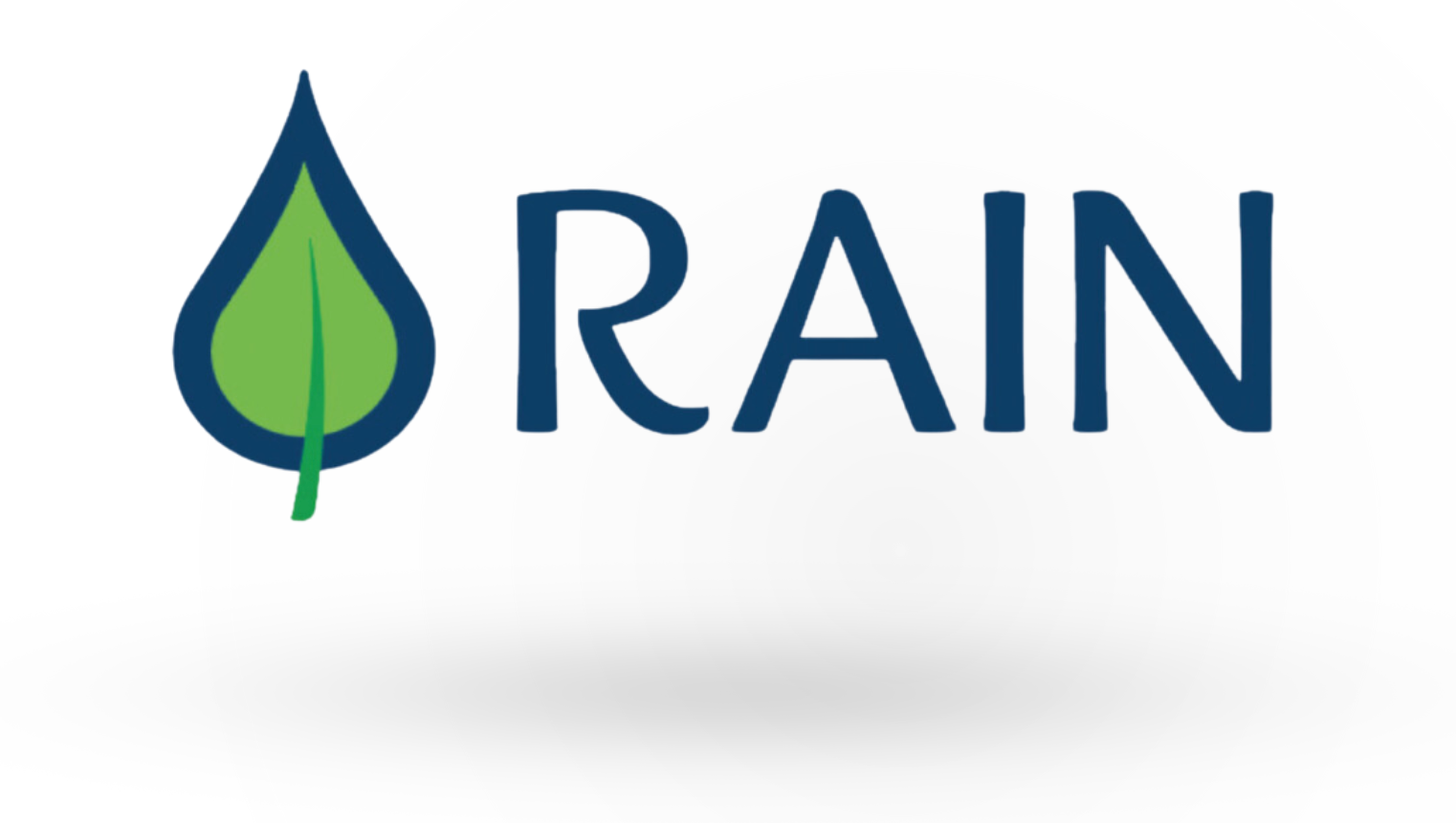
Working with project partner: RAIN
RAIN works with community-led projects that follow traditional techniques deeply rooted in their history and landscapes. RAIN believe that people are an integral part of the natural world, and that conservation does not go far enough.
By engaging and partnering with local actors, RAIN is fostering a network and a movement where communities lead the way in restoring landscapes and preserving cultural traditions.
www.rainreforest.org
